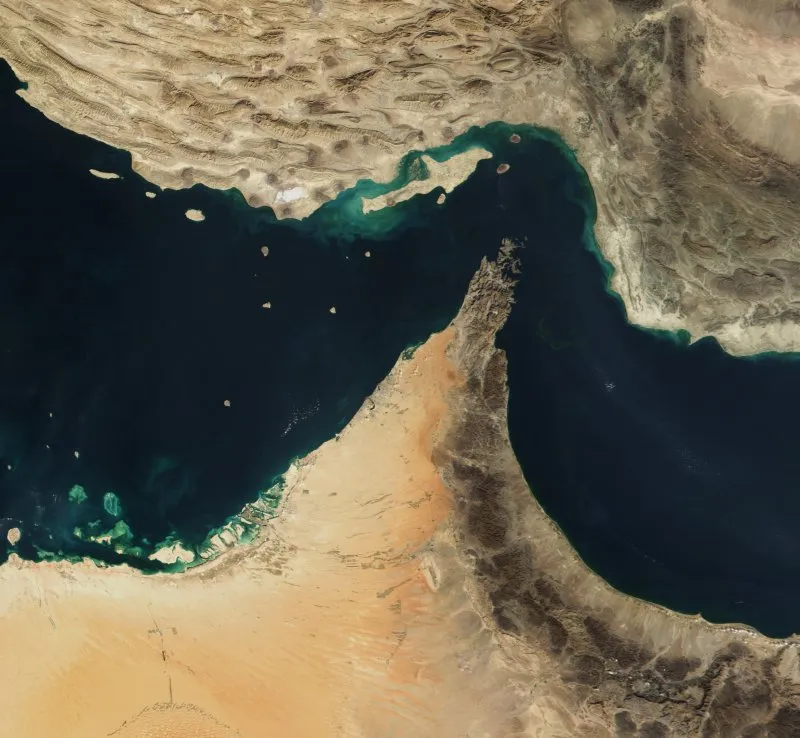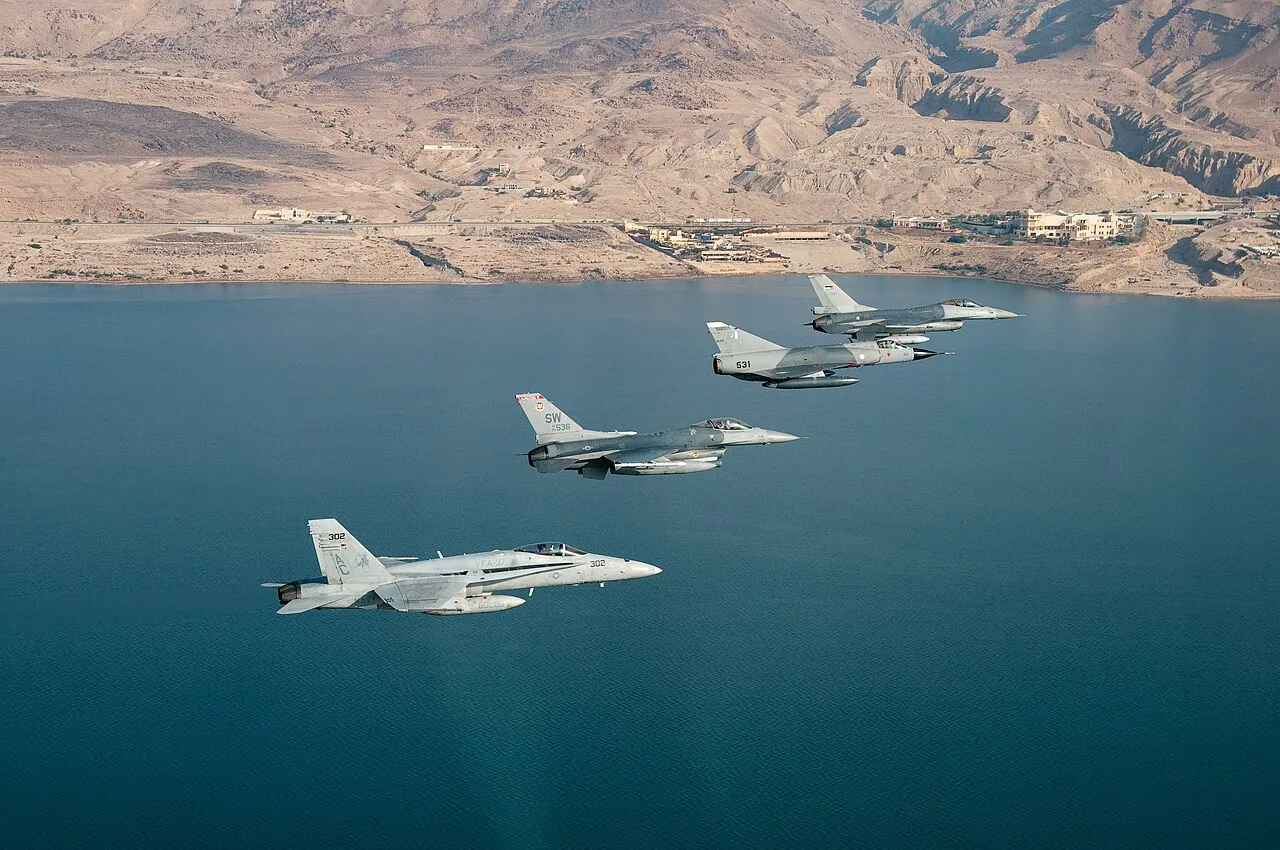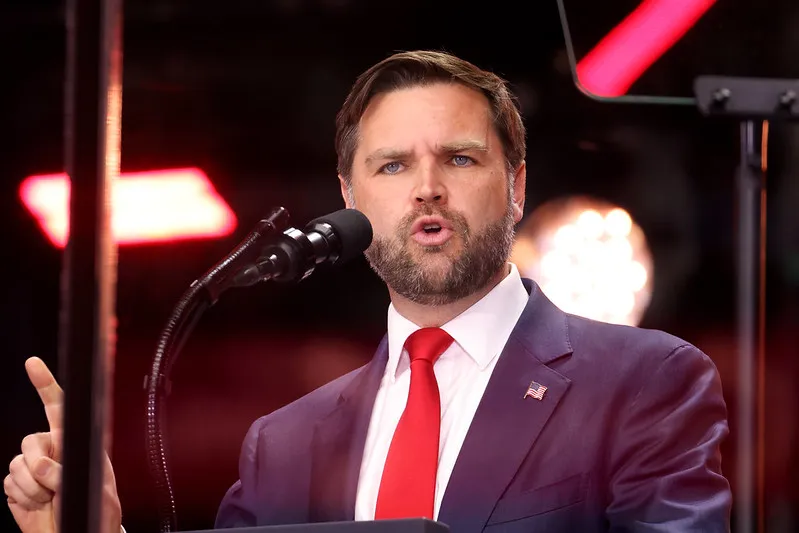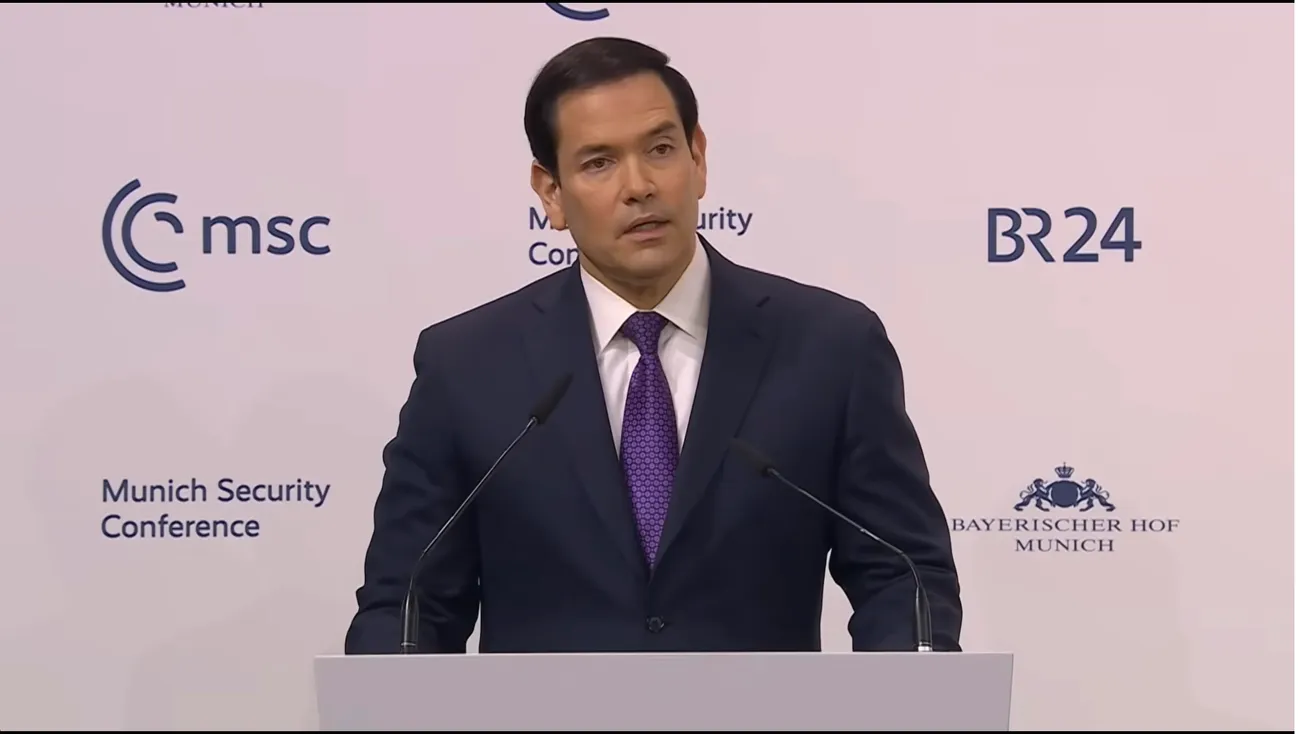Interviewed by Berliner Zeitung, Charles A. Kupchan, security advisor to then President Barack Obama, said that as “the momentum on the battlefield has shifted in Russia’s favor despite Ukraine’s successful invasion of Kursk,” and as Western support for Ukraine is dwindling, there are developments pointing in the direction of talks. However: “It always takes two to tango,” says Kupchan. “By that I mean that if Ukraine wants to sit down at the negotiating table, it needs a willing partner on the other side.” But Russia will be a willing partner only if the Kremlin realizes that its maximum war aims are unrealistic. “The best way to achieve a ceasefire and serious negotiations is to stop Putin. And that means: more tanks, more artillery, more air defense, more weapons, so that Ukraine can send a message to him”—a rather curious argument for a person proposing peace negotiations.
The former U.S. presidential NSC advisor for Obama and later for Clinton, is certain that the Biden administration is discussing possible peace negotiations with Russia behind the scenes. On the way to an agreement, however, the channels of communication between Ukraine and Russia must first be expanded to de-escalate the war. “The channels already exist,” says Kupchan. “There have been talks about opening the Black Sea shipping routes, and allegedly one about possible bans on attacks on civilian infrastructure. We also know that talks on the exchange of prisoners have taken place.”
It is time to expand the talks from the West to Russia. The timing is favorable, explains Kupchan, because Biden is no longer running for President and a new President will not arrive in the White House until January. But time is of the essence. Since the Ukrainian army’s failed attempt to attack the Russia’s Crimea bridge last year, Russia has gradually gained the upper hand in the course of the war. The Russian army is currently extending its control to more and more Ukrainian territories.
“There is currently a widespread view that a Ukrainian victory is illusory, but it is not being discussed as openly as I think it should be,” says Kupchan. “But we need a Plan B. Because the longer we wait, the greater the risk for Ukraine. Putin could also set himself the goal of turning Ukraine into a failed state by continuing to bomb the infrastructure.” However, there still seems to be a long way to go before peace is achieved in Ukraine. “The foreign policy establishment in Washington is still leaning towards supplying more weapons so that Ukraine wins the war,” says Kupchan. “But I don’t think this view is as widespread as it used to be. People like me who call for diplomacy are no longer the target of hate messages; the debate has become more open.” In this respect, German Chancellor Scholz’s initiative has come at the right time. “Scholz has done us a favor. He has taken the first step and said: Hey guys, it’s time to think about diplomacy.”





